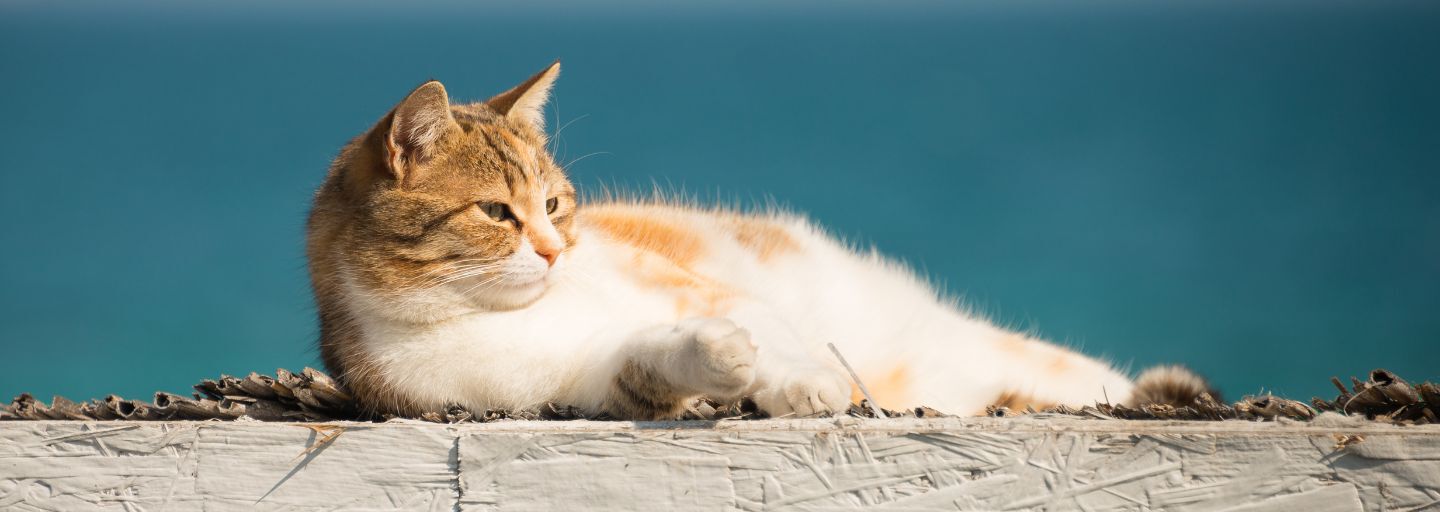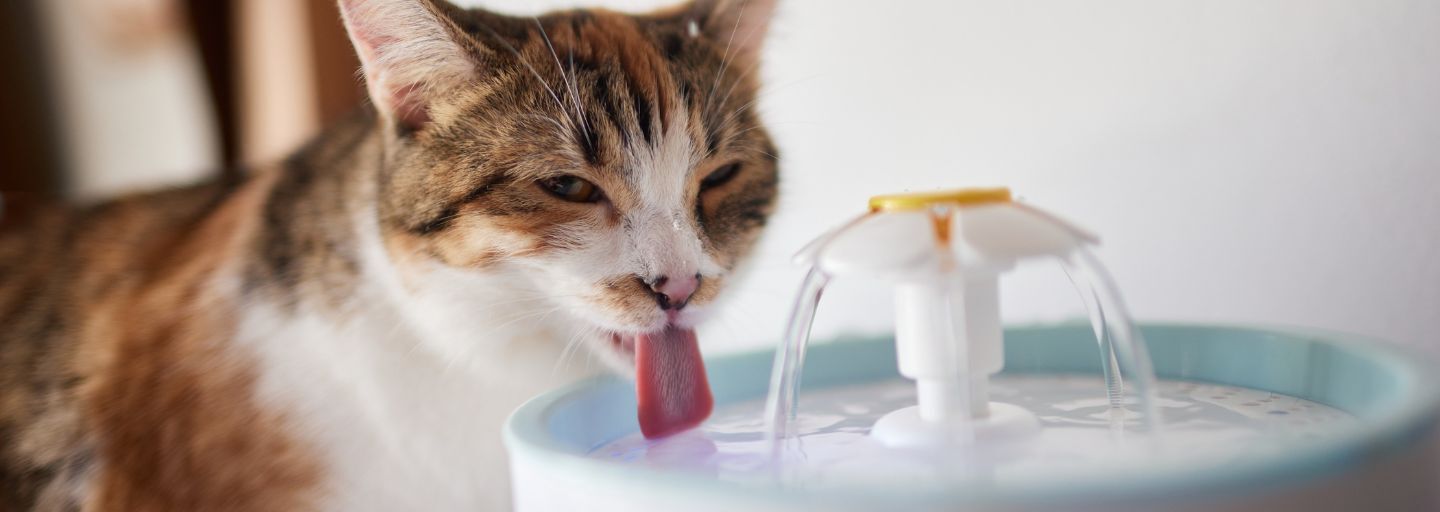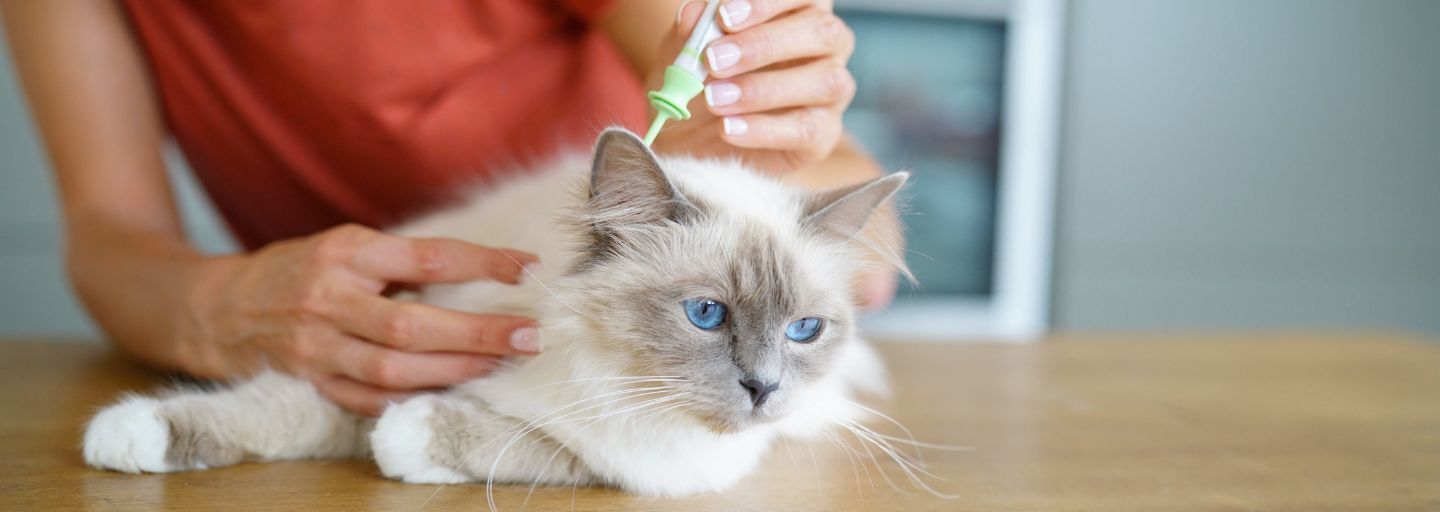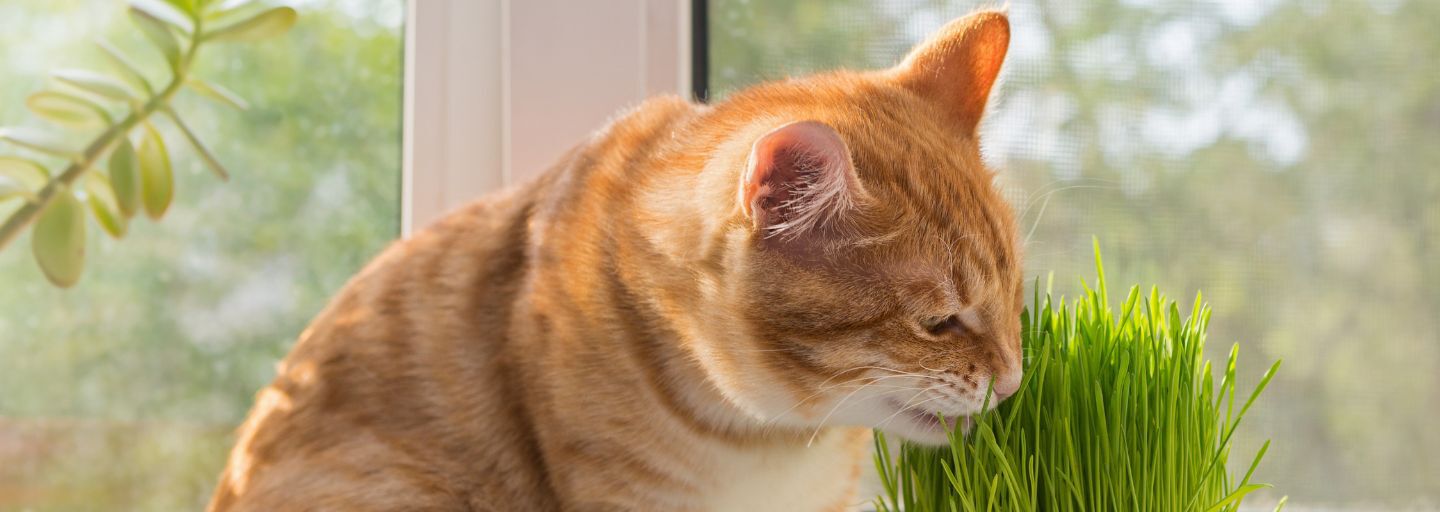Summer is officially underway, and for many of us, that means barbecues, parties, picnics in the park, and large family gatherings. But some fun activities for humans can present dangers to our feline friends. So, before you start planning your next big backyard barbie, add these pet-safety pointers to your pre-party checklist.
How to Keep Your Cat Cool
A cat that becomes overheated in summer can suffer from dehydration, heatstroke, and shock. Unlike people, cats don't sweat, making it a struggle for them to stay cool when summer temperatures rise. The best methods to keep your cat cool include keeping them out of the sun, allowing them to enjoy lazy days inside, and providing plenty of clean, fresh water. If your cat is stuck in a roasting house or car without a means of escape, they will become overheated and at risk of heatstroke. Fortunately, there are several things you can do to help your cat cool down in the summer, ensuring their health and happiness.
Run the air conditioning: If you have air conditioning, keeping your cat indoors will ensure they stay cool too. Many of the things you do to keep the house cool for yourself will also benefit your cat, such as keeping the blinds, windows, and doors closed. Use fans to improve the airflow in your home. If you do not have an air conditioner, fans and open windows are another good option to cool off your home and your cat.
Provide fresh drinking water at all times: Cats need access to water to stay hydrated. When your cat's blood temperature rises, sensors in the brain tell them to drink water to cool down and dilute the blood. Therefore, it is essential to make sure your cat always has access to clean, fresh water.
Fire, Fire-Starters, and Fuel
Anything you use to get the barbecue going, such as matches, lighters, and lighter fluid, should be kept far out of reach of pets. Matches contain phosphorus, which can be poisonous if ingested. Lighter fluid is dangerous across the board, whether eaten, inhaled, or coming into contact with the skin or fur. It can cause injury and illness.
Barbecue Watch-Outs
Cats are quite nimble on their feet, but this can sometimes get them into trouble when it comes to hot surfaces. Cats are heat seekers, so a warm barbecue on a cold night may seem enticing but is extremely dangerous. There's also the possibility of a cat deciding to be athletic and leaping onto the hotplate. We recommend keeping your cat indoors when using the barbecue to ensure accidents can't happen. It's also a good rule of thumb to keep pets safely indoors for any party with an open flame, whether it's tiki torches, a gas heater, candles in paper bags, or a simple fire pit in the backyard. Most pets understand fire, but accidents can happen. If you won't be able to keep an eye on your cat throughout the event, keep them inside for safety.
Your extra barbecue visitors can also cause stress for some cats who become anxious around visitors. It's a good idea to keep your cat in the same room as your guests, giving her a box or a high shelf to retreat to. Here, she can see, hear, and smell your visitors, learning their behavior without having to interact.
Insect Prevention
Citronella candles, mosquito coils, bug zappers, insect spray, and insect oils can all burn, harm, or poison your pet. If your pet is bothered by insects, ask your vet or local pet specialty store about specifically formulated insect repellent for pets. Human formulations should be kept in a secure cabinet and only used on humans.
Fun in the Sun
Pets, like humans, can get sunburned, which can lead to skin cancer. If your cat has light-colored fur on the nose or ears, they are more susceptible to skin cancer due to the light pigmentation of the skin. Skin cancer in pets usually develops due to the skin being sunburnt multiple times. To prevent sunburn, it is recommended to keep pets with light-colored noses, ears, or eyelids inside during the hottest parts of the day (11 am – 4 pm). Pet sunscreens or zinc can be applied to their ears and nose if they do go outside, but do not use human sunscreen as it can be toxic to pets. Pet sunscreen needs to be reapplied regularly to maintain effectiveness; check the package directions. Pet sunscreen is available from your local vet clinic and pet specialty stores.
Alcohol
Never give your cat alcohol. All alcohol contains ethanol, which can be lethal for cats. Even a small amount can result in a change in behavior, breathing problems, cardiac arrest, induced coma, and even death. While you're probably not intentionally feeding your cat alcohol, unattended drinks and minor spills can happen during a party. Keep all drinks out of paw's reach and clean up any little spillages immediately. If you suspect your dog has consumed alcohol, seek immediate veterinary care.
Post-Party
Your post-barbecue rubbish will likely contain bones, which are very harmful to cats, particularly cooked bones that splinter more easily. Bone fragments can pierce your cat's palate and other soft internal tissues like the stomach or intestines. Garbage may also contain leftover alcohol, Styrofoam plates, pointy plastic utensils, and human food that's started to turn rancid. Keep your cat away from barbecue rubbish and ensure the rubbish bin lid is on tight.
Picnic & Barbecue Special Treats
Human foods often aren't suitable for cats at any time, but the greasy, spicy, fatty foods often served at barbecues can cause vomiting and diarrhea, which is not much fun for anyone the morning after the night before. Watch our video below for further tips and advice on foods to avoid.



